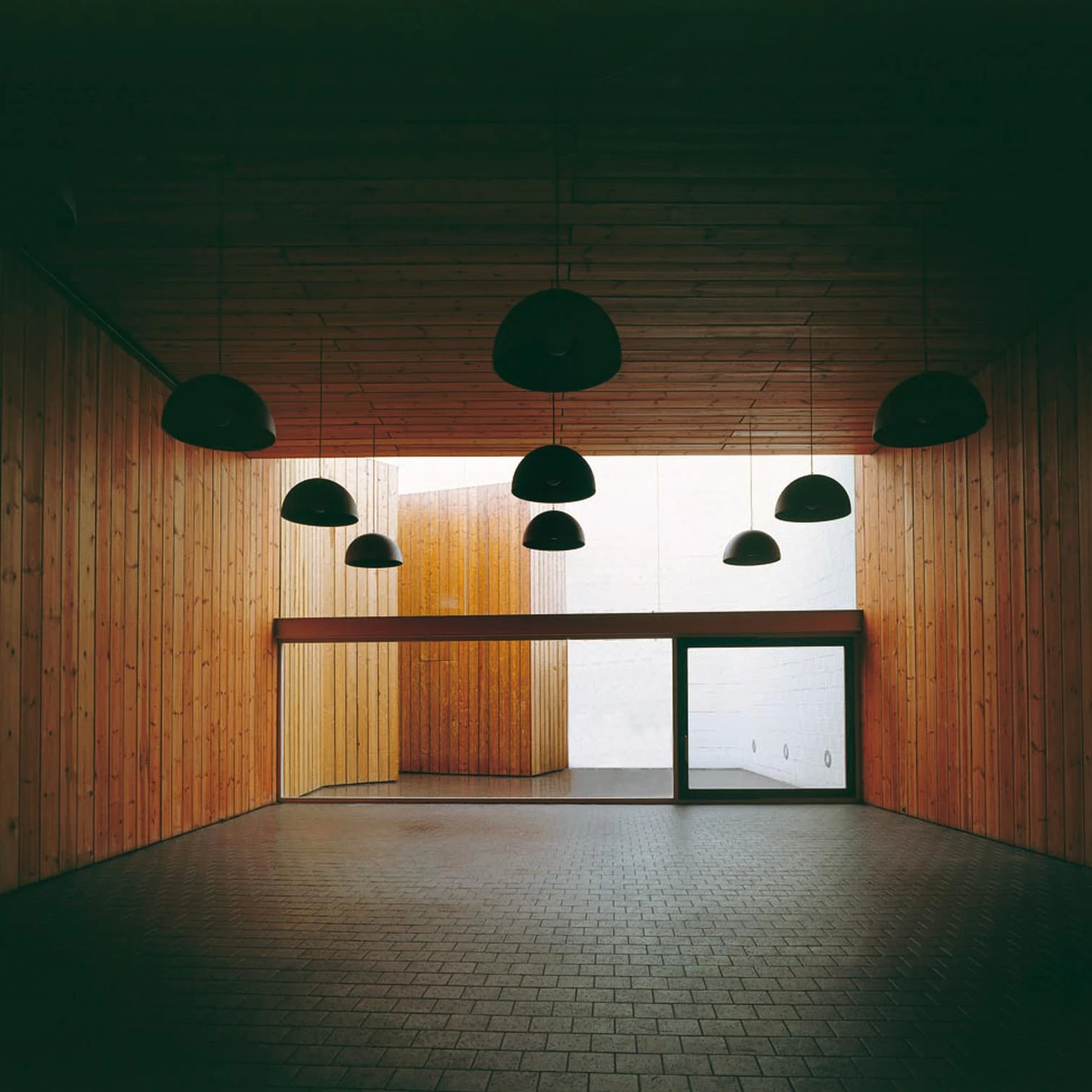
As we know, we are not ‘individuals’, but ‘dividuals’: a rather chaotic assortment of desires, memories, ideas, feelings, words, and physical impulses brought together by that which with the primitive simplicity of language we insist on calling the ‘self’, the ‘I’ and ‘me’. Analyzing the work of a creator is a way of having a close look at the distressing struggle between the powerful pronoun and the plurality of the reality of our existence. Ingrained in the creator’s work is the proud affirmation of the unity of what has come from the back-bone of that ‘I-me’, as well as the merciless critique through which each new work brings about the death of the ‘father’ of the past and the rebirth of the difference upon which the alleged ‘individuality’ is based. Nevertheless, the difference comes across only by marking itself on the traces of said past, and so it’s in the ratio of the difference to those traces that the chance of either truly opening up to something new or losing one’s way completely is at play. This is the ‘risk’ that Mangado repeatedly holds to be the key to his commitment to the profession. The key, he says, is to look for the paradoxical unity in the transformation, rejecting all facile ‘name brand’ solutions that would just be repetitions of the same thing (style)... [+]





